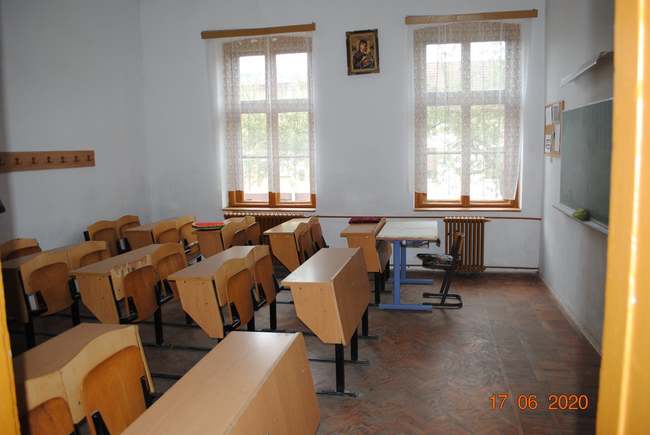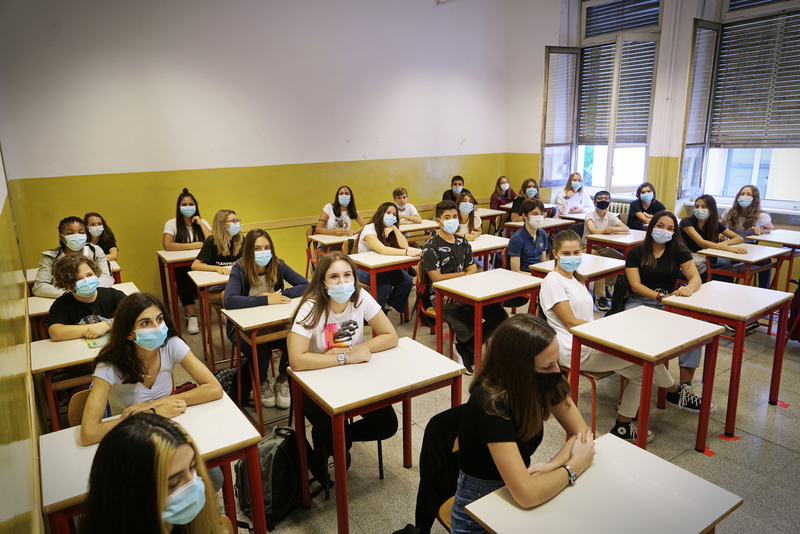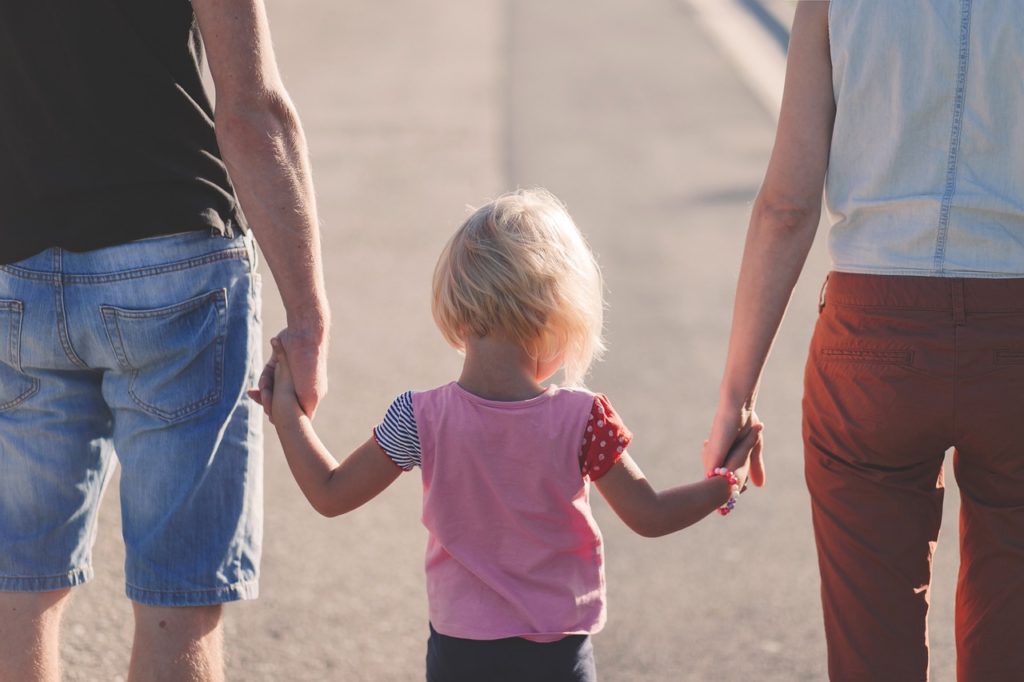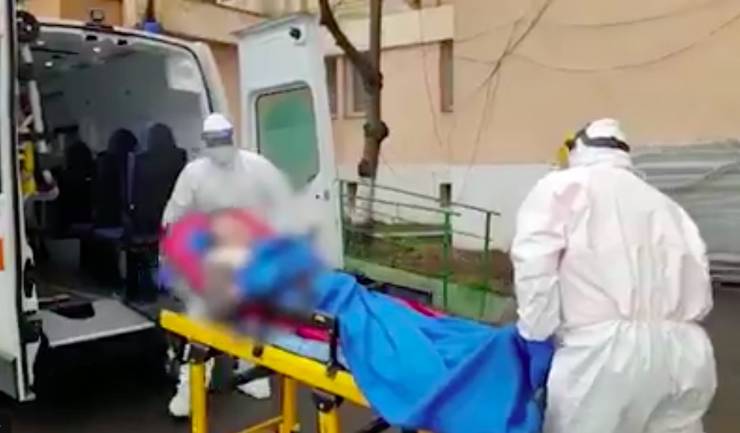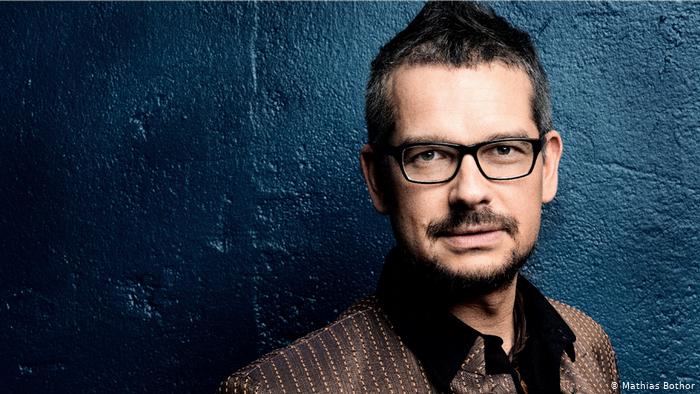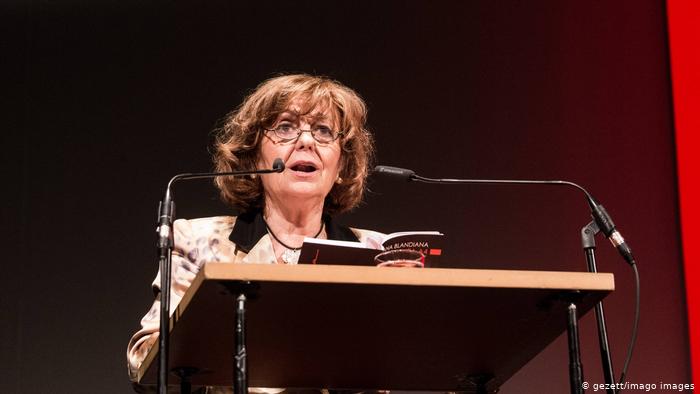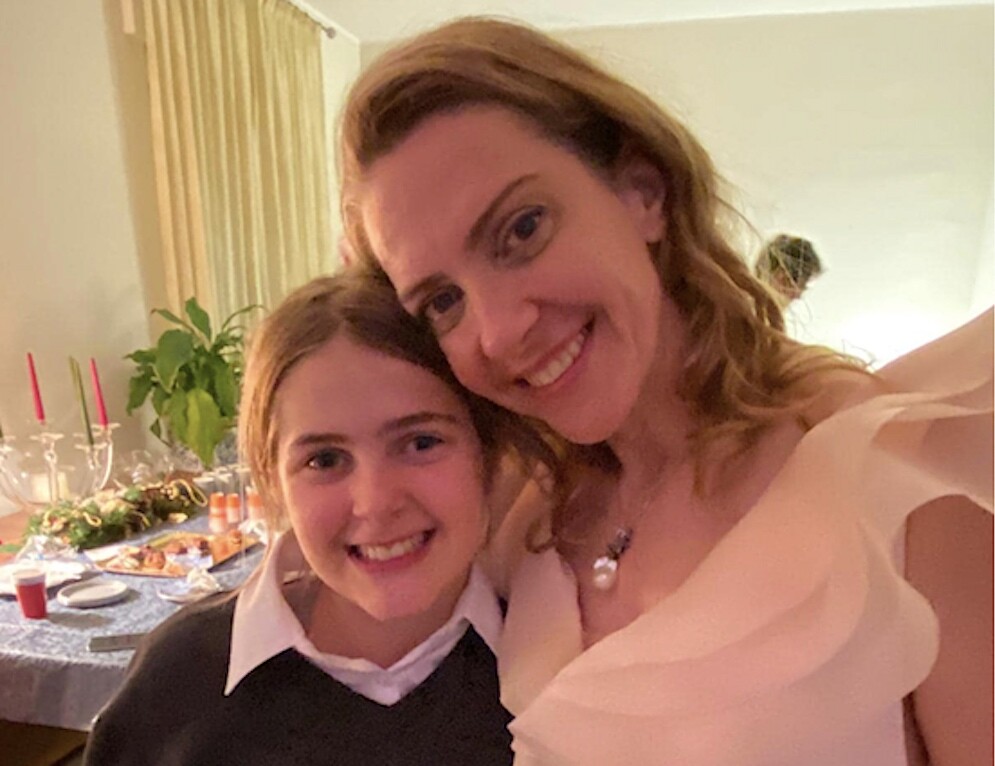The transformation of the directors' contest into a populist exercise of the Miss/Mister Popularity type is not only a public danger for the Romanian school, but an attempt to trade the interests of students and parents in order to pay the bill for the promised salary increase that never happened.
Humanists have taught us that power is at least as important as money. If teachers' salaries will not increase, perhaps, in the opinion of some, allowing the election of the director of the educational unit based on the vote of the tenured teachers should pay the bill. To transform the directors' contest (which seems to me to be not strict enough anyway, I would make access to this position conditional on holding a master's degree at a top university in Romania or abroad in school management) into a Miss/Mister Popularity contest, this is a public danger, a public danger that sounds attractive (mnah, the democratization of the Romanian school), but which, if implemented, I believe would have negative effects for the educational system, some of which I propose here as topics for reflection:
(1) Until yesterday, a party that makes up the governing coalition made its banner "Down with school politics". Now, I see that the party leaders have no problem with transforming this mechanism of selection and, if strictly applied, of the professionalization of the school director's career, with a Pageant Beauty Contest. Just as the parties make their program and agenda depending on the distance to the next election, so will decisions be made in schools. That is, more populist on the eve of the election campaign and probably not at all during it. To organize an electoral process of such scope, if you do not want to make a mockery of it, requires time, debates with the candidates, possibly a presentation of the platforms. Does it seem to you that there is a bit too much school in Romanian schools, if only the teachers had time for that? How many teachers in Romania go to classes because they waste time in the office, for example? Imagine that your child's whatever teacher doesn't come to class because he's around the school, handing out flyers for the elections for the position of director, possibly a coffee in the office. Does this thought offend you? On me, yes.
(2) Who Votes Me, Who Puts Me Down? A basic principle by which liberal democracies function is that of accountability to the electorate. Let's start from the premise that a director is elected with 50%+1 of the voters' votes, an ultra-fragile majority that denotes the fragmentation of the teaching staff. This principal can be dismissed at any time, at the slightest decision against the voters, so he will always have to calculate his next move according to what would please the teachers, not the students, not the parents, not the community.
(3) Creation of a parallel decision-making body. At the present time, the supreme decision-making forum in each educational unit, the forum that approves the measures undertaken by the director, from the school budget to the mobility actions of the teaching staff, is the Administrative Council, in which students, parents, teachers are represented, and in in the case of vocational schools and high schools that operate in a dual regime, the economic operators also participate in the decision. The director of the school is, at the same time, the president of the Board of Administration; he can be dismissed by this body of definite importance in the organization of the education system. By introducing a new mechanism for validating decisions, you are only diluting the importance of this CA, which is undemocratic and contrary to the principles on which a school should function (student-centered learning).
(4) From the statements of Mr. Cîmpeanu I understood that only the tenured teachers, who hold a position in that school, would vote. Tenure, as it shows, is the brake on any attempt to professionalize the teaching career. But it's not just about that, it's about thinking about those exceptional situations, where there are teachers who are not tenured, but who do more for the children in that school than any tenured teacher. I have seen such examples - a lot. Teachers who strive to deliver a quality educational act for children, do extracurricular activities, do remedial education, young teachers, in them resides a large part of the little hope we have left regarding the professionalization of the teaching career and the creation of inclusive microsystems of learning. How is such a teacher more "ineligible" to vote for the director than a tenured teacher?

